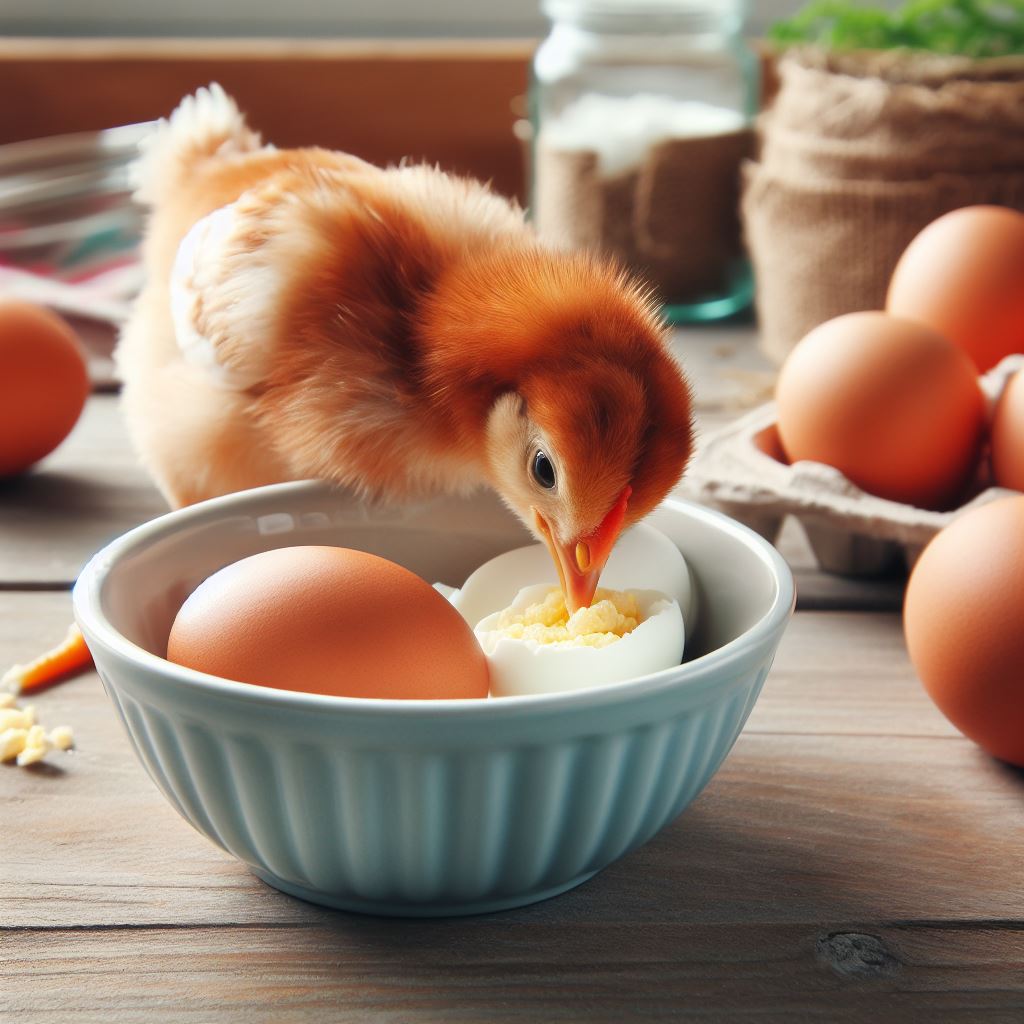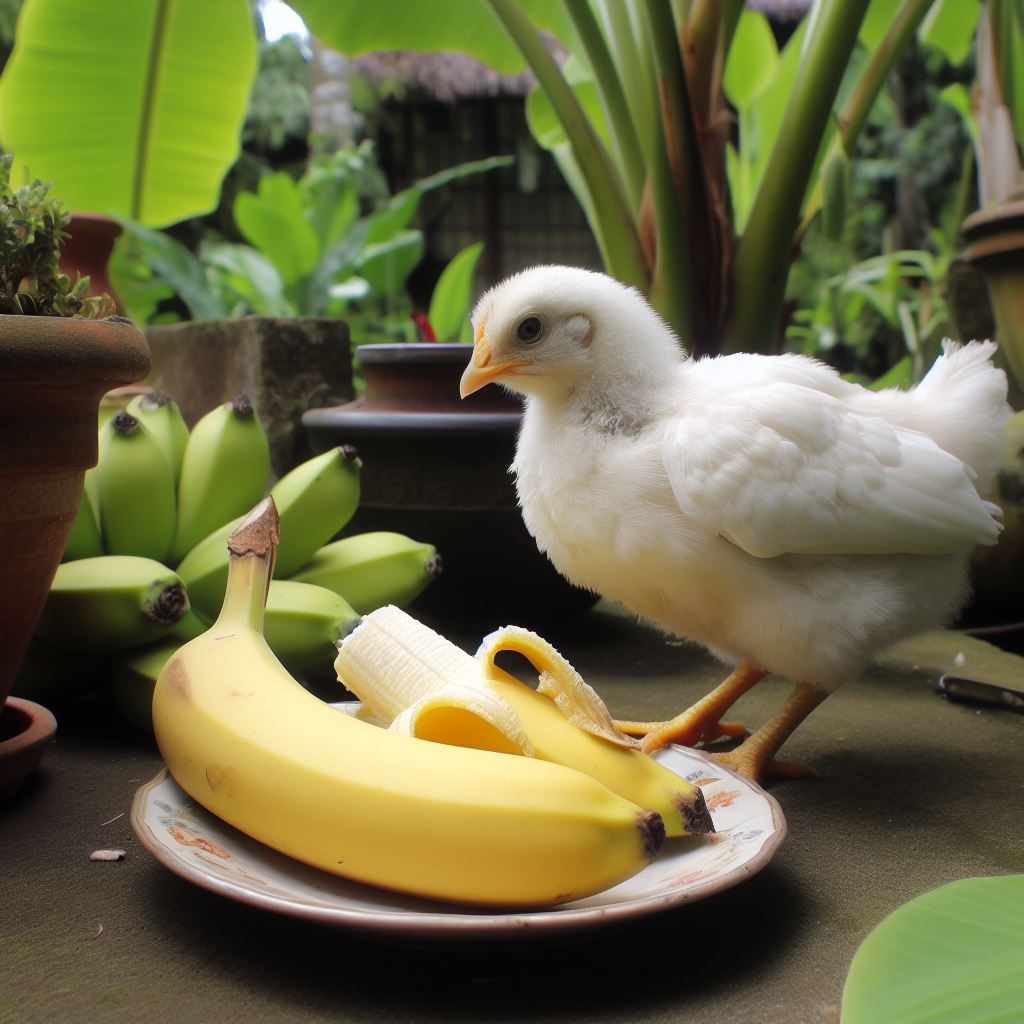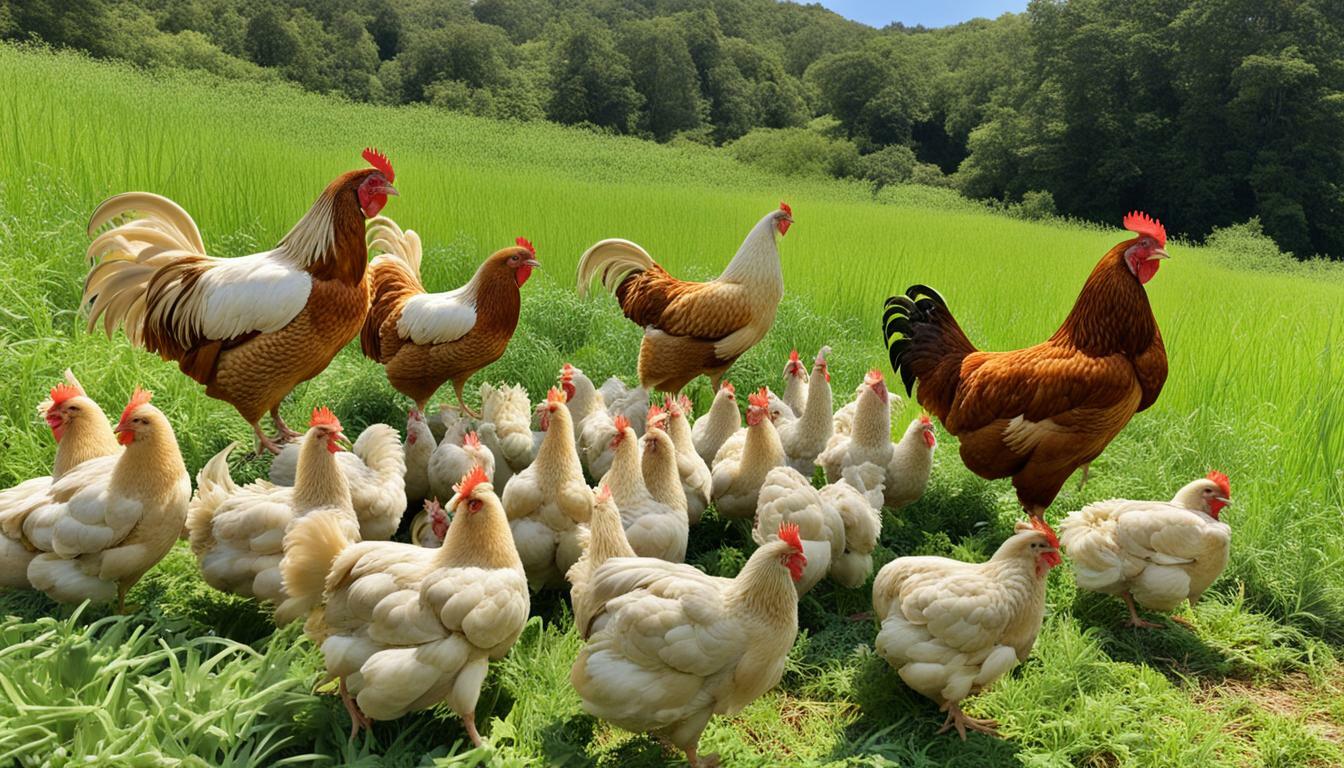Understanding Why Do Chickens Scrape Their Beaks?

Table of content:
You may have noticed your chickens scraping or rubbing their beaks against surfaces in their coop or run. To understand why chickens scrape their beaks, it helps to first look at the anatomy and composition of a chicken’s beak. A chicken’s beak is made up of two mandibles covered in a layer of keratin, the same protein that makes up human fingernails.
The beak does not contain any nerves and is designed to withstand constant pecking, scraping, and foraging. The tip of the beak has a hard chisel-like edge used for breaking open food and sharpening the beak. Further back are the nares, or nostrils, for breathing and smelling.
Why Do Chickens Scratch and Scrape with Their Beaks?
Chickens have several natural instincts that cause them to scrape their beaks on various surfaces:
Sharpening and Maintenance
One reason chickens scrape their beaks is to sharpen and maintain them. The keratin layer of a chicken’s beak grows continuously, much like human fingernails. Through normal eating and pecking, the beak wears down on its own. However, chickens will also deliberately rub their beaks on abrasive surfaces to file them down and keep the tip fully sharpened.
This is important for chickens to break open and consume food efficiently. A blunted or overgrown beak can impair a chicken’s ability to pick up feed and make it harder to catch insects and vegetation. Beak scraping on surfaces like concrete, rocks, or sandy dirt works to grind the beak back into prime working condition.
Removing Debris and Ectoparasites
Chickens are prone to getting small bits of food, dirt, or other debris stuck on or around their beaks. Scraping serves to wipe off any unwanted material to keep the beak clean. This is especially important around the nostril area.
Scraping can also help dislodge external parasites like mites and lice that may irritate the beak and surrounding facial regions. The abrasive friction helps remove parasites and dead skin where they congregate.
Stress Relief and Comfort
The act of beak scraping can be self-soothing for chickens. The sensation likely provides tactile stimulation that is comforting. Beak scraping against an object may relieve boredom, anxiety, or other stressors.
Scraping may also ease discomfort from itchy or irritated skin around the beak. Some experts compare it to a person rubbing their nose or other facial areas when they feel itchy. The mechanical scraping can provide temporary relief without harming the beak tissue.
Exploratory Pecking and Foraging
Chickens have a strong natural drive to peck and forage as they explore their environment. Scraping or digging motions with the beak on the ground help chickens examine their surroundings and seek out potential food sources.
This exploratory scraping mimics foraging behaviors chickens would use in the wild to search for seeds, insects, and other nutrients in the soil. The scent and tactile feedback gained from scraping guide the chicken’s constant foraging efforts.
territorial Marking
Some people speculate that chickens may scrape or peck the ground to mark territory and establish social dominance. Areas in the coop or run scraped repeatedly by a chicken may represent its claimed space.
The act of beak scraping also allows chickens to sharpen their beaks and keep them in optimal condition for pecking confrontations with flockmates. The behavior relates to the natural social hierarchy and struggles within a chicken flock.
Dust Bathing
Chickens will enthusiastically scrape, kick, and fluff dusty or sandy areas to create a dust bath. Dust bathing helps chickens clean their feathers and skin and control parasites and excess skin oil. The vigorous beak scraping helps aerate the materials to form a suitable dust bathing substrate.
This is another example of natural chicken behavior that results in extensive scraping with the beak even though that is not the primary purpose. For chickens, preparing an area for dust bathing is a vital part of their regular grooming routine.
Problems With Excessive or Abnormal Beak Scraping
While beak scraping can serve natural chicken behaviors, excessive scraping may indicate an underlying issue. Here are some potential causes of abnormal scraping activity to watch out for:
External Parasites
An infestation of northern fowl mites, roost mites, or lice can cause itching and irritation that leads to excessive beak scraping. Parasites congregate around the beak, eyes, and vent area, leading to frequent scraping motions.
Nutritional Deficiencies
Chickens lacking certain nutrients may scraper their beaks more frequently. In particular, deficiencies in salt, calcium, phosphorous, or vitamin A can create irritations. Adding supplements or treats with these nutrients to their diet can help.
Respiratory Irritation
Scraping and sneezing together can indicate respiratory issues like infectious bronchitis or mycoplasmosis. Dust, mold, ammonia levels, and other air quality issues can also cause nasal and throat irritation leading to beak scraping.
Stress and Boredom
Chickens confined for long periods without enrichment or exhibiting stress through feather pecking may scrape their beaks from boredom or anxiety. Providing more opportunities for natural pecking, foraging, dust bathing, and roosting can help minimize this stress scraping.
Injuries and Misaligned Beaks
Any injuries, abnormalities, or misalignments of the beak can lead to discomfort and scraping. Check for cracked, damaged, or overgrown portions of the beak that may be causing pain. Beak trimming by a vet may be required in severe cases.
Stopping Potentially Harmful Beak Scraping
While some beak scraping is normal, chickens that scrape with excessive duration and intensity can do damage by wearing their beaks down too severely. Here are some tips to curb harmful scraping:
- File or trim overgrown beak portions if they are causing discomfort.
- Add a calcium supplement to the diet to strengthen beaks.
- Use essential oils like lavender, thyme, or tea tree to help deter scraping.
- Investigate and address possible external parasites, respiratory issues, or other health problems.
- Provide distractions like cabbage heads, leafy treats, or pecking blocks.
- Ensure proper space per bird and opportunities for natural behaviors like dust bathing.
- Reduce potential stressors and boredom with toys, roosts, and enrichment activities.
- Apply bitter-tasting strips to deter chickens from scraping on a particular surface.
In most cases, modifying the environment and addressing underlying issues will reduce excessive beak scraping. If the behavior persists and leads to injury, an anti-pecking collar or restraint may be required temporarily under veterinary guidance.
Is Beak Scraping Harmful to Chickens?
Light beak scraping as part of normal chicken behavior is not harmful. In fact, the activity provides sharp, well-maintained beaks and can help chickens feel calmer and more comfortable.
However, chronic, obsessive scraping and filing down of the beak should be discouraged. If the keratin layers become damaged and expose the blood and nerve tissues underneath, it can lead to pain, infections, and other problems.
Stopping intensive beak scraping is for the chicken’s own welfare to prevent shortening and blunting of the beak which impairs their ability to eat and live normally. Finding the root cause of abnormal scraping is key to redirect the behavior.
The Critical Role of the Beak for Chickens
A chicken’s beak is a multipurpose tool for interacting with its environment and flockmates. Chickens need their beaks to be fully functional and comfortable for activities like:
- Feeding – pecking, crushing, and manipulating food
- Grooming – preening feathers to distribute protective oils
- Exploring – manipulating and tasting objects
- Socializing – pecking order establishment and defense
- Nesting – manipulating eggs and nesting material
- Threat Response – self-defense and warding off predators
Any condition that causes a chicken prolonged pain or impairment of the beak will diminish their quality of life. This highlights why abnormal scraping that damages the beak should be addressed rather than allowed to continue.
Is Beak Scraping a Sign of Stress in Chickens?
While beak scraping serves natural purposes, chickens may over-perform the action when stressed or bored. Frequent beak scraping paralleling behaviors like feather pecking and aggression can indicate boredom, frustration, or anxiety in a flock.
Chickens kept in small, barren environments with minimal enrichment are most prone to over-scrape due to stress and an unfulfilled need to peck and forage. Choosing chicken breeds with calmer temperaments can help, along with providing ample space and stimulation.
Sometimes just giving chickens a change in environment, such as allowing free-range time outside, can curb obsessive scraping. It satisfies natural foraging urges and alleviates the monotony of their normal space.
Final Thoughts
Beak scraping is a common chicken behavior arising from instincts like sharpening, cleaning, foraging, and relieving discomfort in the beak area. It serves vital functions when performed at normal levels.
However, excessive, obsessive scraping should be mitigated to prevent damage to the beak. Fixing deficiencies in the diet, reducing stress and boredom, and addressing potential health issues are the best solutions.
By understanding why chickens scrape their beaks, keepers can both appreciate this natural behavior and intervene when it becomes potentially detrimental. With the right management, chickens can scrape and maintain their beaks while staying happy and healthy.
Welcome. I’m Adreena Shanum, the proud owner of this website, and I am incredibly passionate about animals, especially poultry. I founded adreenapets.com as a labor of love, stemming from my desire to share my knowledge and experiences with poultry enthusiasts worldwide.




